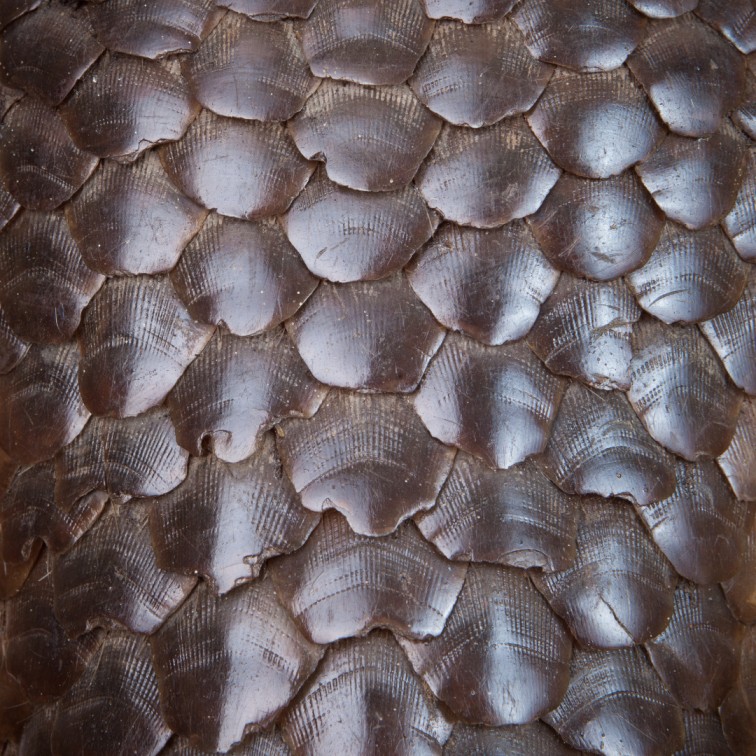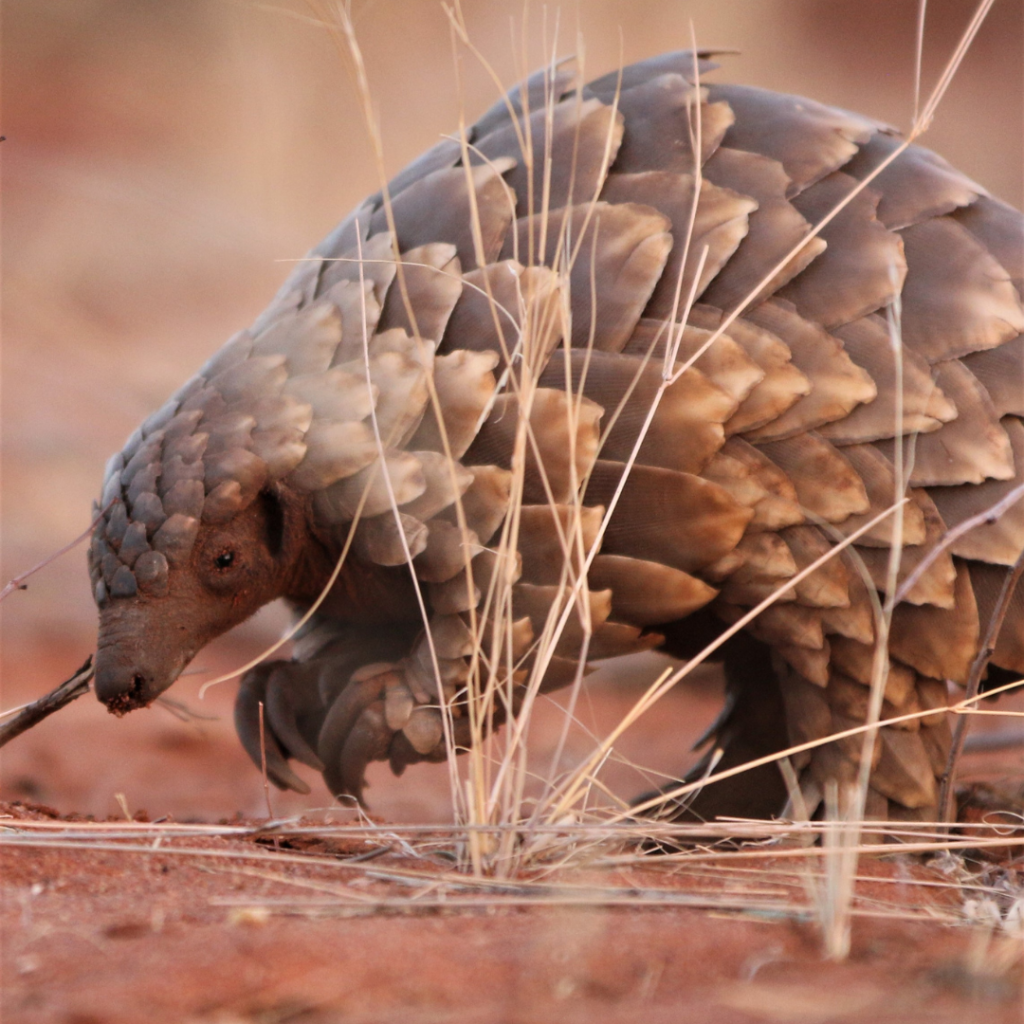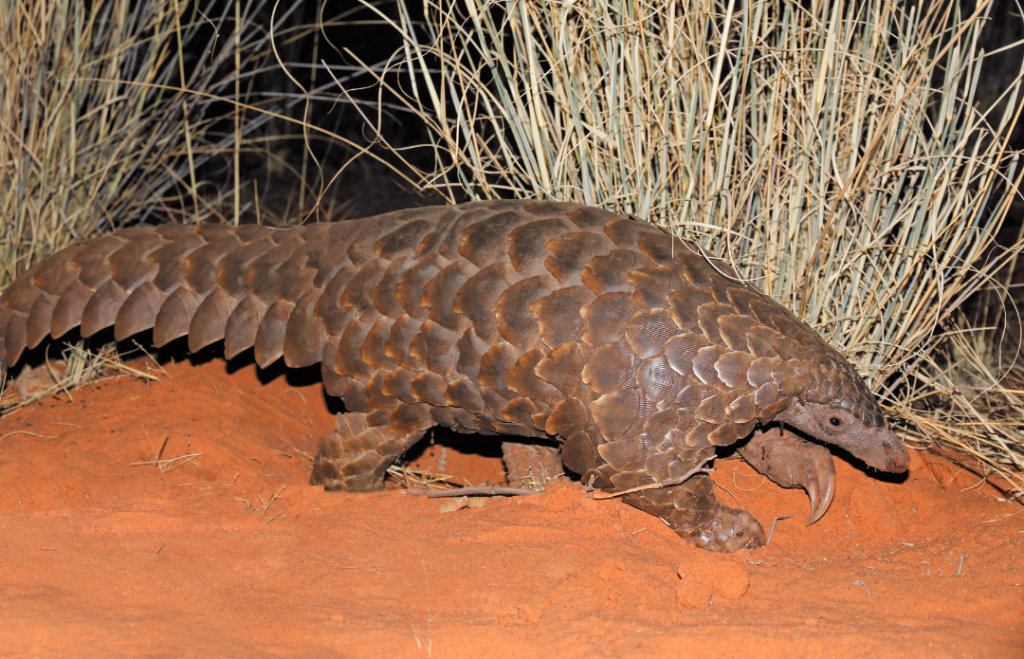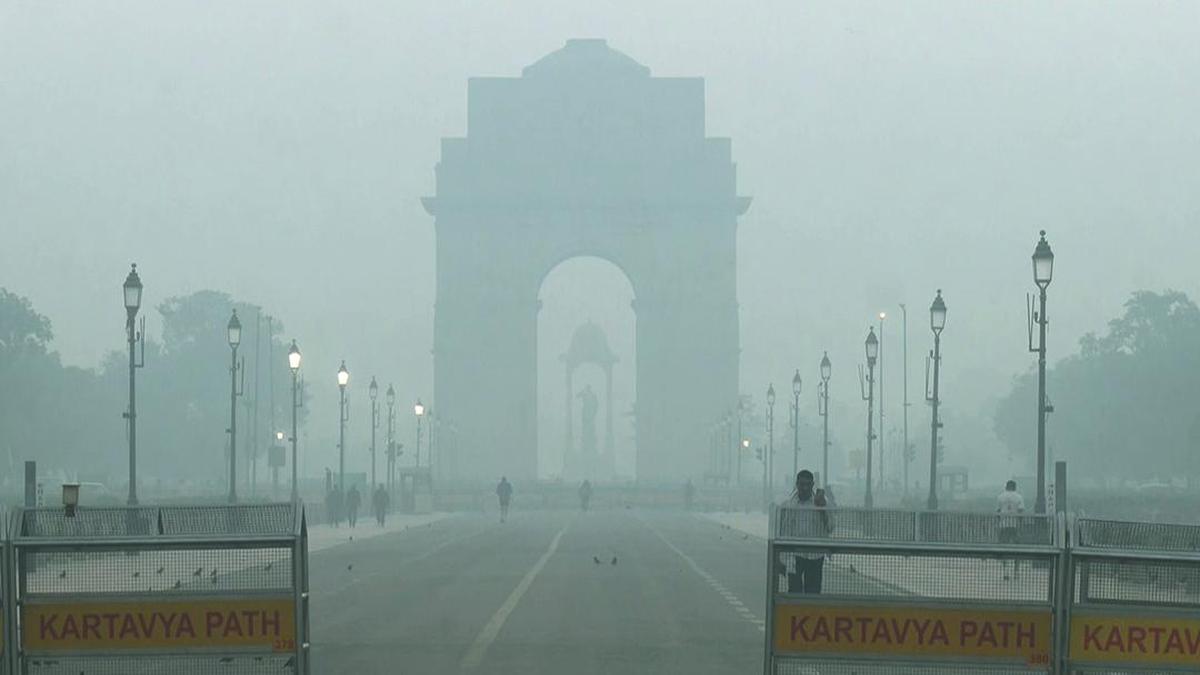Views
45
A Creature of Wonder, a Target of Greed
Deep within the depths of Indonesia’s tropical rainforests in Kalimantan, a silent tragedy unfolds. The Sunda pangolin, a marvel of nature with a long, armored body and an endearing face, faces a relentless onslaught from poachers and habitat loss. Its distinctive scales, prized for their unproven medicinal properties, have fueled an insatiable demand, making the Sunda pangolin the world’s most trafficked mammal. This insatiable greed has pushed this unique creature to the brink of extinction. According to the IUCN Red List, the Sunda pangolin is classified as Critically Endangered, a chilling designation signifying an extremely high risk of vanishing from the wild.

Indonesia, tragically, is one of the last remaining sanctuaries for the Sunda pangolin. Yet, even here, the shadows of extinction loom large. Estimates suggest the country loses a staggering 10,000 pangolins annually to the illegal wildlife trade.
A Vital Role, a Fragile Existence
The gentle pangolin, with its endearing appearance, is a vital cog in the rainforest ecosystem. Its long, sticky tongue specializes in extracting ants and termites, keeping these insect populations in check and preventing them from wreaking havoc on the delicate forest balance. Sadly, the very habitat the pangolin protects is under siege. Widespread deforestation and habitat fragmentation, driven by human activities like logging, agriculture and poaching, are tearing apart the pangolin’s world. This destruction not only isolates pangolin populations, hindering breeding and movement, but also eliminates the insect colonies that are their primary food source.
Planting Hope: A Multifaceted Approach
At Grow Trees, impact is the cornerstone of our mission. We believe that trees are a crucial element in restoring wildlife habitat, providing a lifeline for endangered creatures like the Sunda pangolin. This is why we’ve launched a groundbreaking initiative in Lela Village, West Kalimantan. Our ambitious goal is to plant 50,000 trees, not just to rebuild a vital ecosystem for the Sunda pangolin and countless other species, but also to create positive social and environmental benefits.

Beyond Habitat Expansion: A Triple Win
Our efforts go far beyond mere reforestation. We’re passionate about maximizing positive impact through a three-pronged approach:

The Time to Act is Now: Join Us in Saving the Sunda Pangolin
The future of the Sunda pangolin hangs precariously in the balance. It is up to us to ensure that this fascinating creature does not become a victim of human greed and indifference.
We will be sharing more updates on the Sunda Pangolin project in the upcoming weeks.
To learn more about how you can help, please visit our website or reach out to info@grow-trees.com. Let’s plant hope, together.
Subscribe to our newsletter and recieve a selection of our cool articles every week.

When Mumbai’s Morning Haze No Longer Feels Like Home
Mumbai Weather Update: AQI Turns Severe as Thick Haze Persists, Free Press Journal (FPJ).
Nov 24, 2025

Delhi Is Gasping Again, And This Time, Even the Clouds Refused to Help
Delhi is choking again. AQI levels have slipped into the ‘severe’ zone, cloud seeding failed, and emergency measures barely make a dent. Because the city doesn’t need one-off fixes, it needs long-term healing. Trees remain the simplest, most effective answer. They absorb carbon, trap dust, cool the air, and act as natural lungs. If Delhi wants cleaner winters, it needs more green cover, not just temporary interventions. Clouds may not cooperate, but trees always will.
Nov 17, 2025
Copyrights @ 2025 All rights reserved by Pangea EcoNetAssets Pvt Ltd.